Gaming PCs and laptops guide
Find your perfect set-up for PC and laptop gaming.
Shop all gaming laptops and PCsLooking to invest in a gaming PC? These computers are designed specifically with gamers in mind. Learn about graphics cards, which components to look for, and the benefits of laptops and desktops. Plus, which gaming PC accessories you need to enhance your experience.
Gaming PCs and monitors
Gaming PCs
Gaming desktop PCs are great value as they'll open up a world of gaming to you. They also pack a punch whether you're just getting started or if you're a seasoned gamer. Some desktop towers are customisable, so you can upgrade the components later on - check their product page for more detail.
Gaming monitors
Pair your gaming PC with a great gaming monitor. Designed specifically to enhance your gaming experience, they offer ideal refresh rate, faster response time, and top-notch screen quality. For a more immersive experience, some of them also offer a curved screen.
Gaming laptops
Gaming on the go
The biggest bonus to picking a gaming laptop is of course its portability - if you're a student, looking to liven up your commute or otherwise wanting to game on the go, this is ideal. They're also easy to set up and ready to play with straight out of the box, which is why they may be a good option for beginners.
Looking for something advanced? Here are our best gaming laptops with a winning combination of powerful performance and mobility.
Top picks
Graphics cards
What kind of graphics card do you need?
The graphics card, or GPU, is arguably the most important factor in choosing your gaming PC or gaming Laptop, especially if you're after the best graphics. The higher the spec of graphics card, the higher the resolution and frame rates you can expect.
NVIDIA is a key producer of graphics cards and has options for each level of gaming. NVIDIA’s latest 40 series GPUs power the world's fastest gaming PCs and laptops. Built with the ultra-efficient NVIDIA Ada Lovelace architecture, they bring a quantum leap in performance with AI-powered DLSS 3 and enable lifelike virtual worlds with full ray tracing.
NVIDIA features and benefits
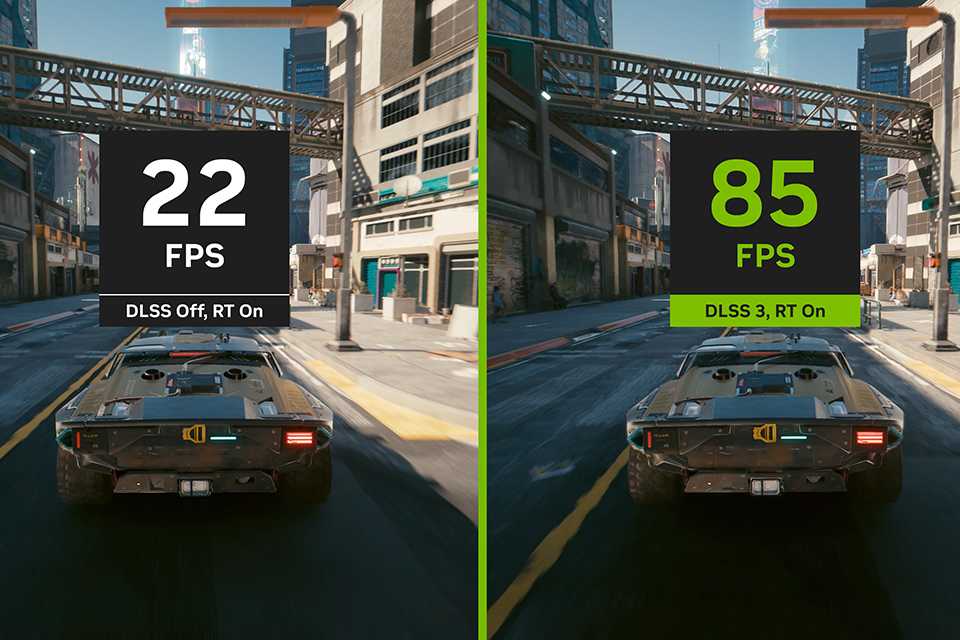
The performance multiplier. Powered AI.
DLSS is a revolutionary breakthrough in AI-powered graphics that massively boosts performance. Powered by the new fourth-gen Tensor Cores and Optical Flow Accelerator on GeForce RTX 40 Series PC and Laptops. DLSS 3 uses AI to create additional high-quality frames.
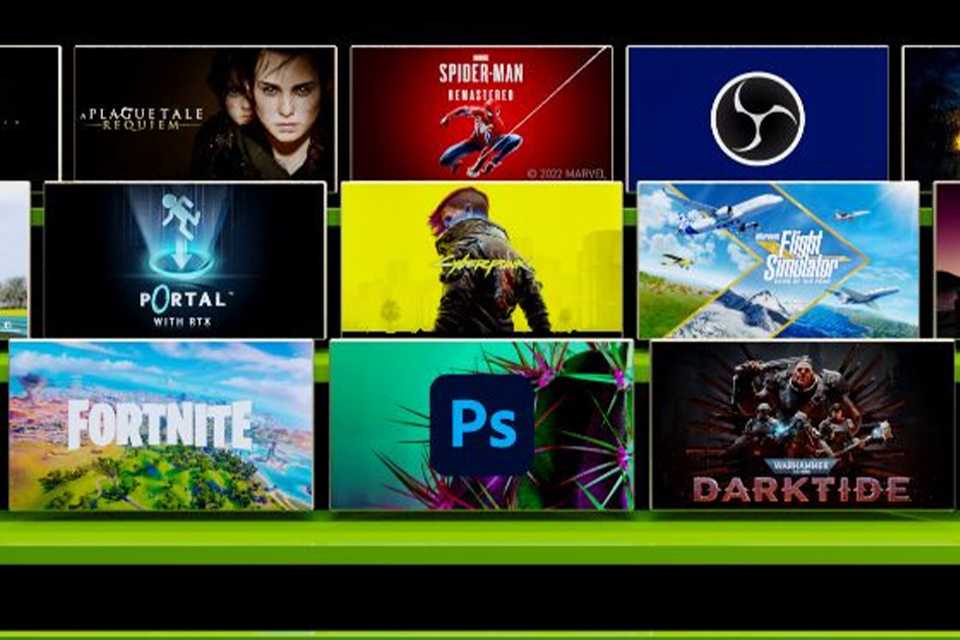
Hyperrealistic. Hyperfast.
The Ada architecture unleashes the full glory of ray tracing, which simulates how light behaves in the real world. With the power of RTX 40 Series PCs and Laptops and third-gen RT Cores, you can experience incredibly detailed virtual worlds like never before.
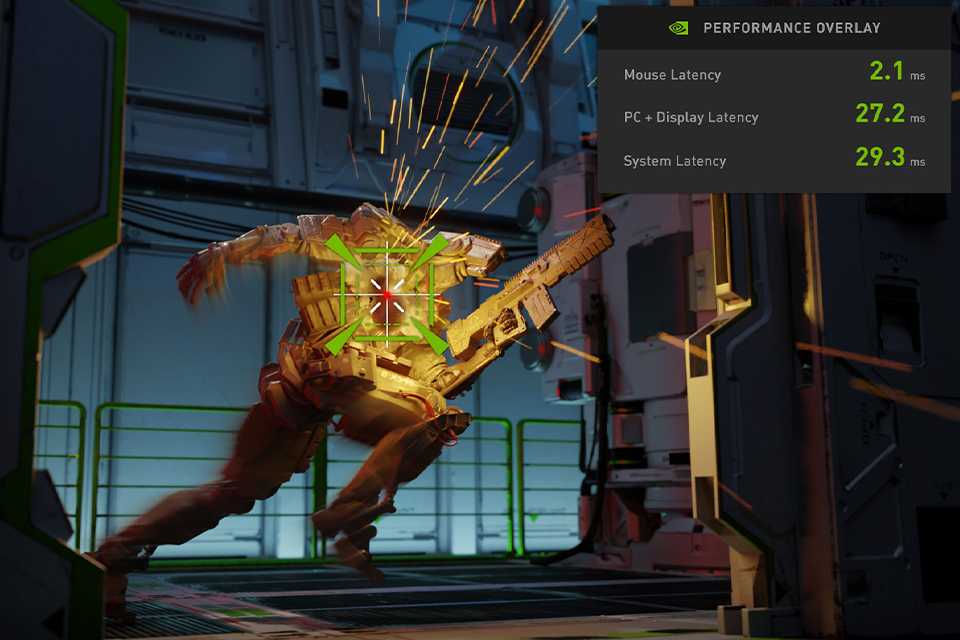
Victory measured in milliseconds
NVIDIA Reflex delivers the lowest latency and best responsiveness for the ultimate competitive advantage. Built to optimize and measure system latency, Reflex provides faster target acquisition, quicker reaction times, and the best aim precision for competitive games.
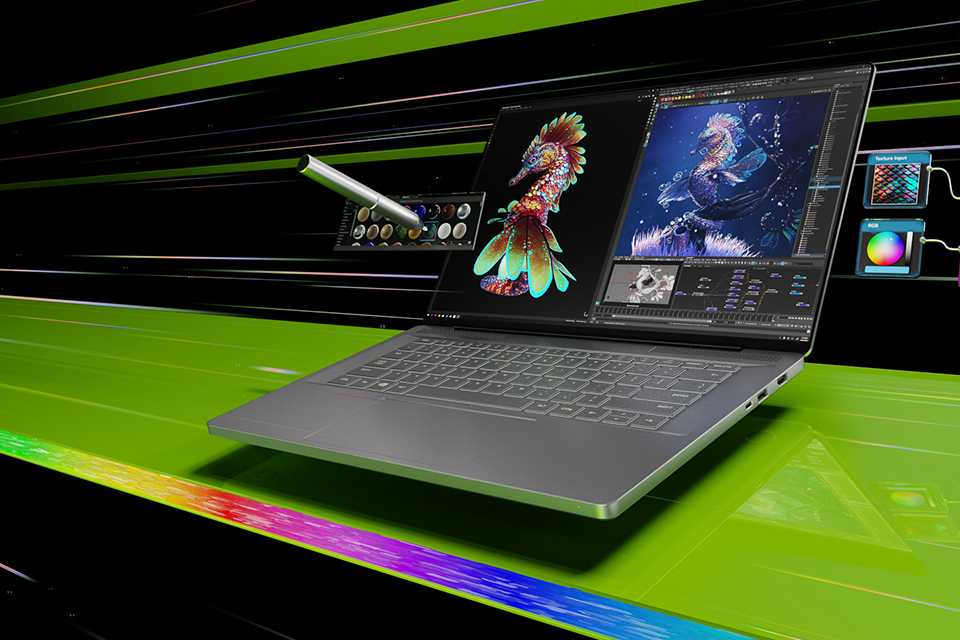
Your ideas, accelerated by NVIDIA studio
Take your creative projects to the next level with NVIDIA Studio. Get unmatched performance in 3D rendering, video editing, and graphic design. Experience RTX accelerations in top creative apps, world-class NVIDIA Studio, and a suite of exclusive AI-powered software.
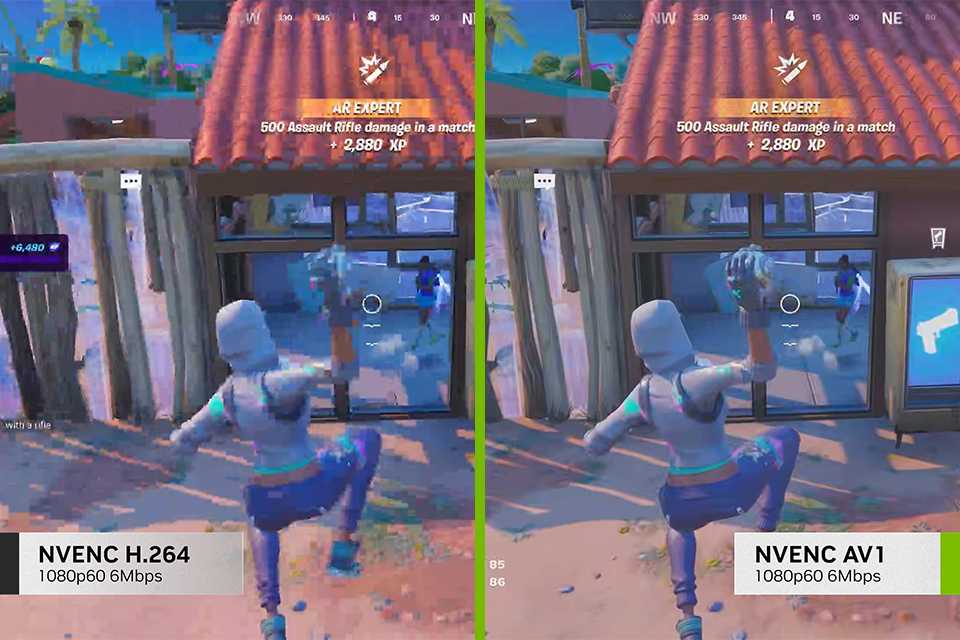
Built for live streaming
Steal the show with the best live streaming quality, the highest gaming performance and cutting-edge AI Features. NVIDIA’s eighth generation NVIDIA Encoder (NVENC), ushers in a new era of high-quality broadcasting with AV1 encoding support. Also, the NVIDIA Broadcast App unlocks incredible voice and video effects, alongside exclusive optimisations and AI effects in your favourite broadcasting apps to transform any room into your home studio.
Processors
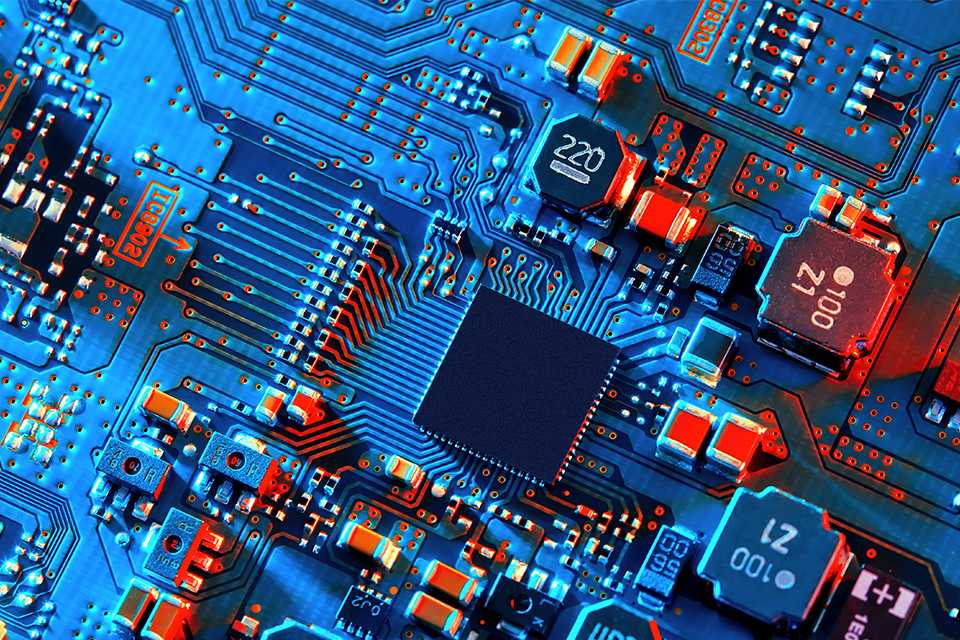
What kind of processor do you need?
The processor (or CPU) defines how well your PC runs and multi-tasks. If you're interested in VR, it's recommended you get a high-end processor. Processor speed is measured in GHz (gigahertz) - 2.5GHz is the minimum recommended speed for mid-range gaming. The number of processor cores in a PC influences how many tasks it can handle simultaneously - quad-core or hex core are recommended for gaming.
High-performance processors
Play the most demanding games with these next-level processors.
Mid-performance processors
Ideal for multi-tasking whilst playing mainstream games.
Entry-level processors
Suitable for most mainstream games.
Hardware know-how
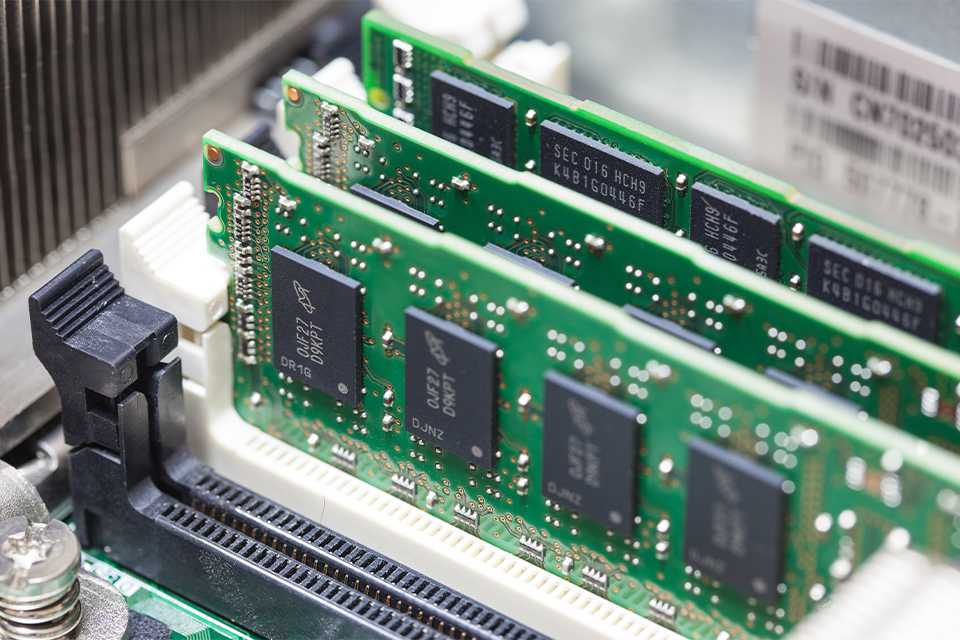
RAM
RAM (random access memory) affects speed and performance. 8GB is the minimum needed for most modern games, but 16GB will offer greater speed and multi-tasking - all the better for competitive gaming. Basic games require less RAM than mainstream titles, whilst more RAM may be needed for good performance with high-end games and virtual reality.
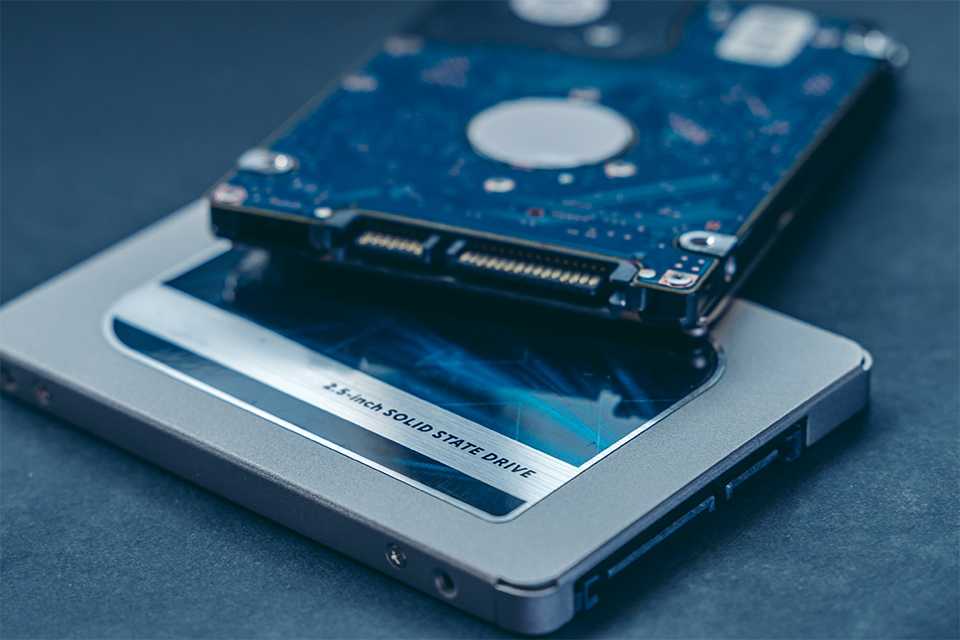
Storage
Gaming PCs are likely to have both HDD (hard disk drive) and SSD (solid-state drive) storage. Data saved in an SSD is typically fast to access and can speed up the performance of your PC whilst HDDs are able to store vast amounts of data, such as your games library.
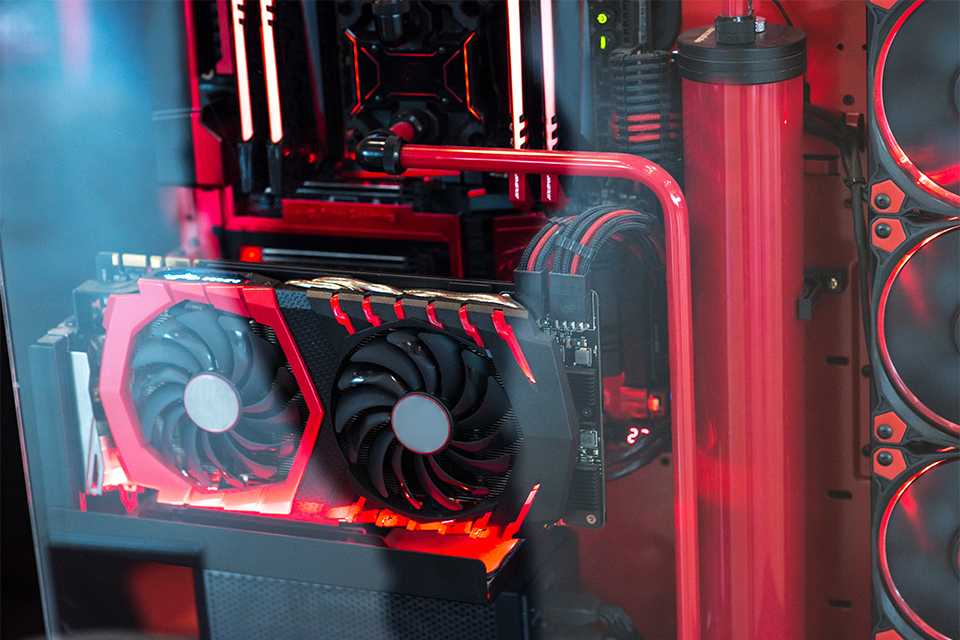
Cooling systems
These PCs need built-in features like fans or water cooling systems to keep cool and optimise gaming experience, especially if you plan to 'overclock': run components at a higher speed than they're designed to. While this can add to performance, it's important to ensure your PC has the right care and cooling to handle a higher level of performance or you may risk components overheating.
Gaming setup

Create your dream gaming rig
First off, a monitor with a full HD resolution is a must - 1920x1080 is considered the minimum. Enjoy optimum speed with a gaming mouse and keyboard (look out for eye-catching back-lit designs), plus exceptional audio with gaming headsets and speakers.
Get started...
PC games
Find action-packed RPGs, engrossing simulation games and challenging strategy games.
VR Headsets
Be fully immersed with virtual reality headsets that pair with your gaming PC, like the HTC VIVE XR Elite.
Meta Quest Gift Cards
Perfect gift for a VR gaming fan. Gift them endless experiences and opportunities with a Meta Quest Gift Card.

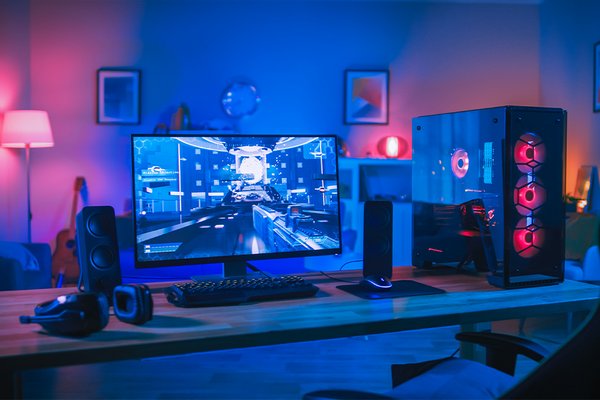&poi={$this.metadata.pointOfInterest.x},{$this.metadata.pointOfInterest.y},{$this.metadata.pointOfInterest.w},{$this.metadata.pointOfInterest.h}&scaleFit={($this.metadata.pointOfInterest.x>0)?$sfpoi:$sfcenter}&sm=aspect&aspect=3:2&sfcenter=center&sfpoi=poi&qlt=50&fmt=auto&noiser=0&fmt.jpeg.interlaced=true&fmt.jp2.qlt=40&)
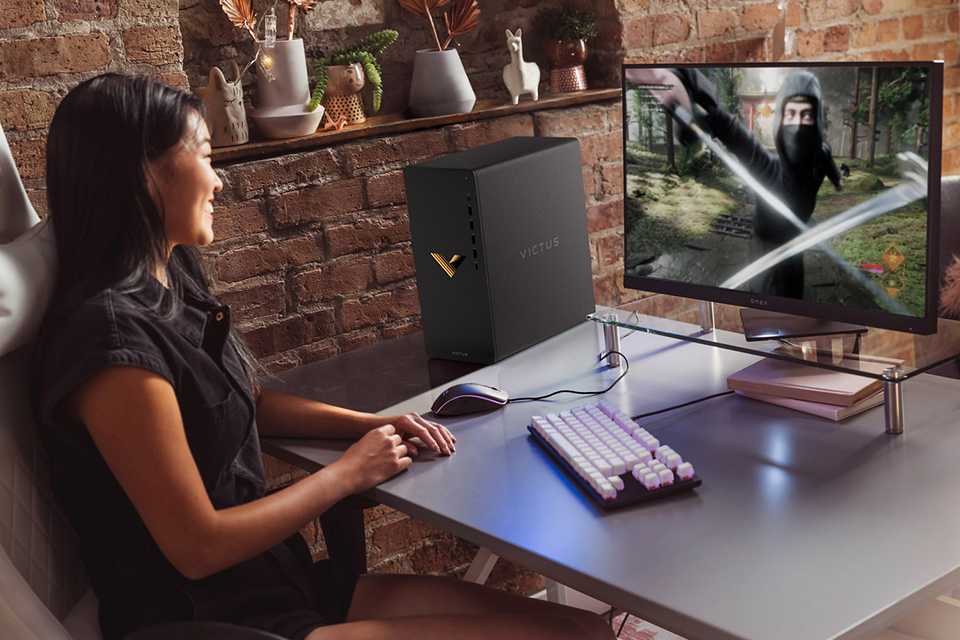
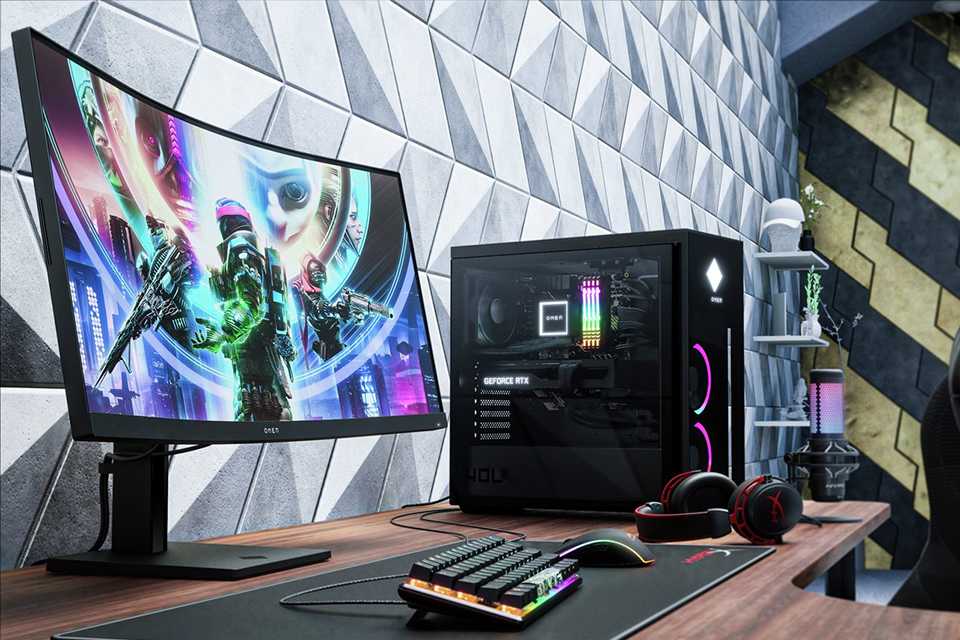
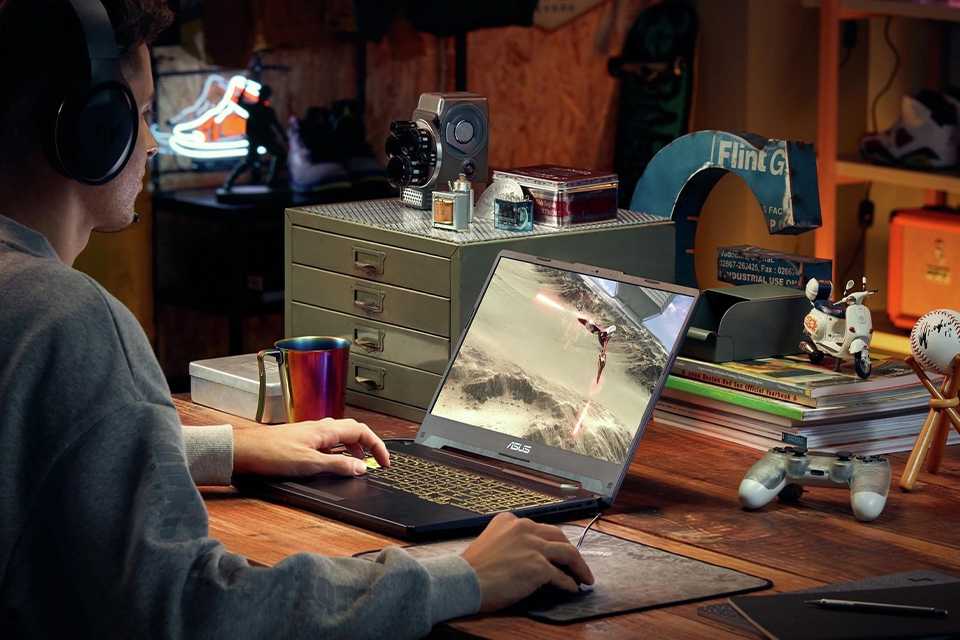
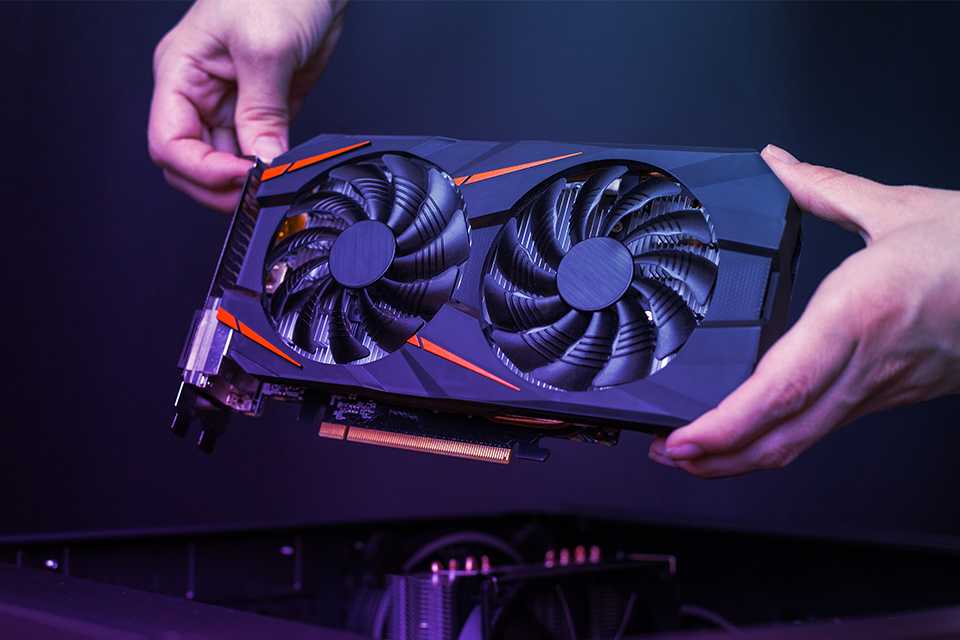
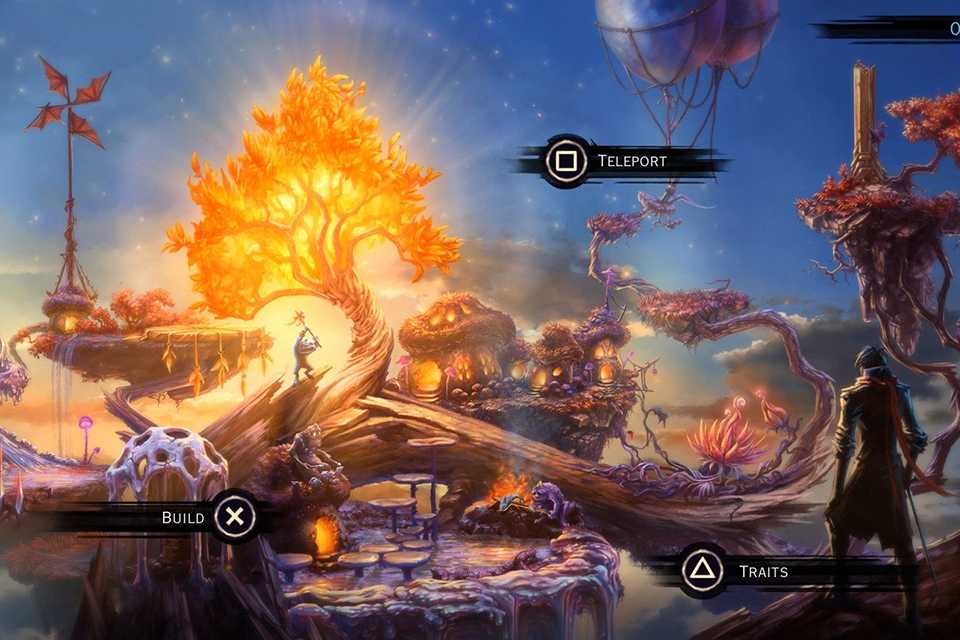
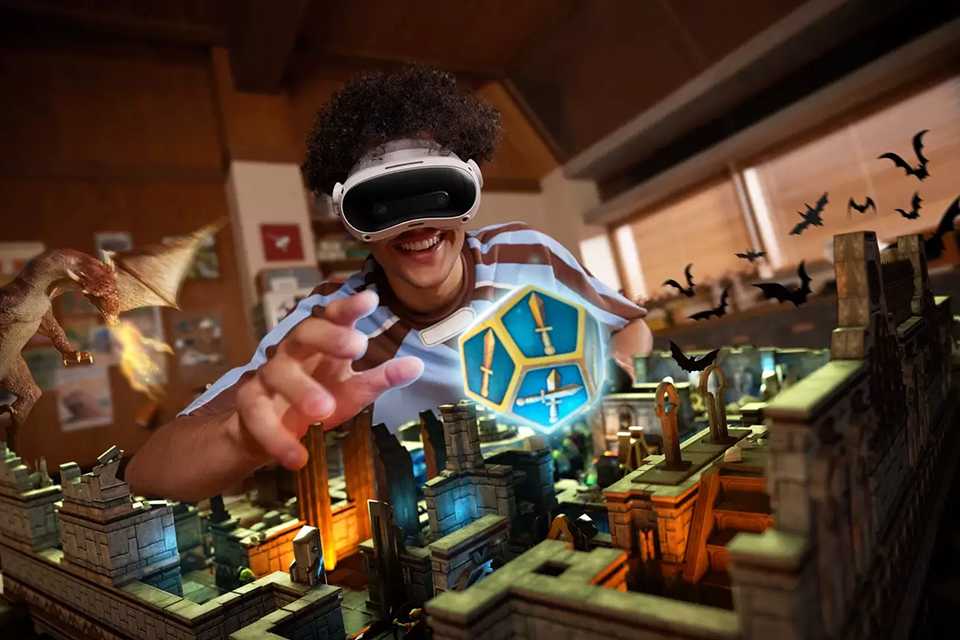


?$sfpoi:$sfcenter}&sm=aspect&aspect=2:1&sfcenter=center&sfpoi=poi&qlt=50&fmt=auto&noiser=0&fmt.jpeg.interlaced=true&fmt.jp2.qlt=40&w=600&)
?$sfpoi:$sfcenter}&sm=aspect&aspect=2:1&sfcenter=center&sfpoi=poi&qlt=50&fmt=auto&noiser=0&fmt.jpeg.interlaced=true&fmt.jp2.qlt=40&w=600&)
?$sfpoi:$sfcenter}&sm=aspect&aspect=2:1&sfcenter=center&sfpoi=poi&qlt=50&fmt=auto&noiser=0&fmt.jpeg.interlaced=true&fmt.jp2.qlt=40&w=600&)
?$sfpoi:$sfcenter}&sm=aspect&aspect=2:1&sfcenter=center&sfpoi=poi&qlt=50&fmt=auto&noiser=0&fmt.jpeg.interlaced=true&fmt.jp2.qlt=40&w=600&)